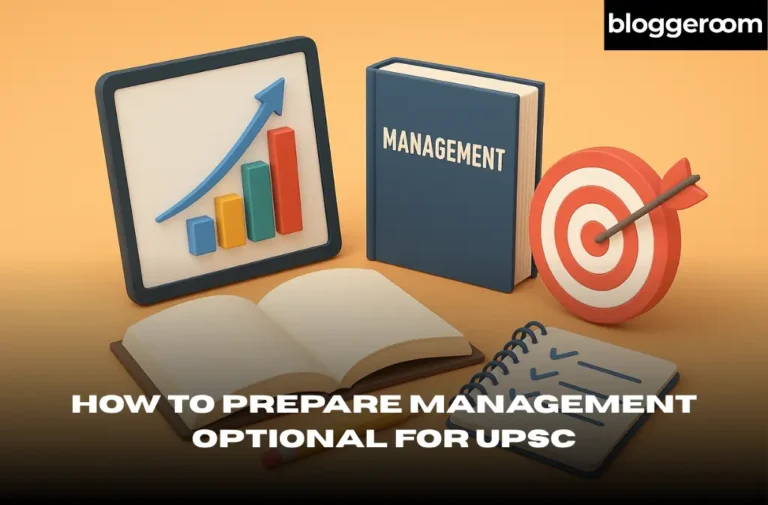Dowry Deaths in India: Laws, Impact and Prevention
In 2022, official data from the National Crime Records Bureau revealed that over six thousand women lost their lives to dowry-related violence. These figures are not mere records; they represent shattered families and young lives cut short by exploitation and greed.
Although the law in India is strict against such crimes, the practice continues to survive. Deep-rooted social acceptance in certain communities, the silence of families, and the fear of prolonged legal struggles allow this cruelty to persist.
What Counts as a Dowry Death
From July 1, 2024, under the Bharatiya Nyaya Sanhita (BNS) Section 80, a dowry death is defined as the death of a married woman within seven years of her marriage caused by burns, injuries, or any unnatural cause, where it can be proved that she was harassed for it shortly before her death.
If found guilty, the punishment can be a minimum of seven years in prison, which may extend to life. This replaced Section 304B of the Indian Penal Code, but the legal intent remains the same.
The Role of Parents and Early Marriage
Parents play a crucial role in ending the cycle of dowry-related deaths. Many such tragedies are linked to marriages arranged at a very young age. When girls are married off early, they often lose the chance to become independent, which makes them more vulnerable to pressure and abuse.
Parents can create real change by:
- Allowing their daughters to complete their education before marriage.
- Standing firm against demands, no matter how subtle or pressurized.
- Staying connected with their daughters after marriage so that any signs of harassment are noticed early.
- Making daughters aware of their legal rights and encouraging them to raise their voice without fear.
Legal Safeguards Against Dowry Harassment
India has several laws designed to protect women from violence and abuse:
- Under Section 498A of the IPC, a woman has the right to take action if she faces harassment, cruelty, or abuse from her husband or his relatives.
- Section 113B of the Evidence Act gives the court the power to assume that a woman’s unnatural death is connected to it if it is proven that she was being harassed for it before her death.
- The Dowry Prohibition Act of 1961 makes it a punishable offense to demand or exchange it in any form, even if it is disguised as a “customary gift.”
Why Convictions Remain Low
Even though thousands of dowry-related cases are reported every year, very few end in convictions. Several factors contribute to this gap:
- Complaints are often filed late, which weakens the case.
- Weak forensic and medical documentation.
- It can be difficult to prove that harassment happened shortly before the woman’s death.
- Witnesses often change their statements because of fear, pressure, or threats.
Legal experts suggest that justice can only be strengthened if cases are reported promptly, evidence is collected properly, and witnesses are given protection from intimidation.
Steps Families and Survivors Can Take
- Seek urgent help: Call emergency number 112 and make sure the hospital records the incident as a medico-legal case.
- Lodge a police report: When filing an FIR, mention the appropriate sections such as BNS 80, IPC 498A, along with provisions of the Dowry Prohibition Act. Keep every possible record of dowry demands – whether bank transfers, text messages, or written notes—as these can strengthen the case.
- Preserve all evidence: Save call recordings, chat messages, photographs of injuries, and any lists of demands. Such records can help establish harassment under Section 113B.
- Reach out for support: Contact bodies like the State Women’s Commission, the National Commission for Women, or free legal aid centers for guidance.
- Spread awareness: Educate relatives, neighbors, and communities about the risks and the serious legal consequences for those who encourage it.
Conclusion
Dowry deaths are a result of both legal loopholes and social silence. Laws are important, but the real solution lies in changing mindsets. If families refuse to give or take it and ensure their daughters marry only when ready, we can reduce the risk of such tragedies. Every parent, neighbor, and friend has a part to play in ending this practice.







